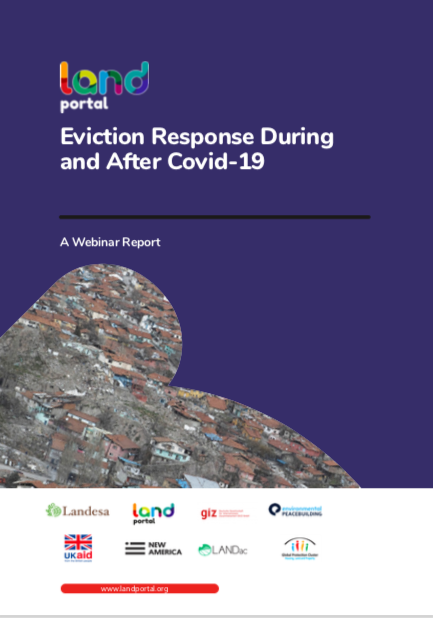Location
Environmental peacebuilding integrates natural resource management in conflict prevention, mitigation, resolution, and recovery to build resilience in communities affected by conflict. Join our new Environmental Peacebuilding Association comprising researchers, practitioners, and decision makers to share experiences and lessons from managing natural resources in conflict-affected settings, access new research on the topic, and participate in events to support the growing network of professionals active in environmental peacebuilding.
Challenges Presented by Natural Resources and Conflict
Most armed conflicts occur in developing countries where people depend substantially on natural resources for subsistence farming and livelihoods. Natural resources are often intertwined with the conflict narrative, with grievances over natural resources and their revenues contributing to the onset of conflict, revenues from natural resources financing conflict, and combatants targeting natural resources and the environment. And peace following resource-related conflicts is fragile: countries with past resource-related conflicts are more likely to relapse, and to do so twice as quickly.
Environmental Peacebuilding
Natural resources are one of a country’s most critical assets for peacebuilding. Land, forests, minerals, oil, water, and other resources are the foundations for rebuilding livelihoods and national economies. They provide jobs for reintegrating former combatants. And efforts to address corruption and improve governance often focus on natural resources and their revenues. Environmental peacebuilding incorporates natural resource management into peacebuilding activities and strategies to support security, humanitarian, and development objectives.
Catalyzing Research and Action
From 2008 to present, the Environmental Law Institute (ELI), the United Nations Environment Programme (UNEP), the University of Tokyo, and McGill University have led a five-year global research initiative to analyze experiences in post-conflict peacebuilding and natural resource management, identify lessons, and raise awareness of those lessons among practitioners, researchers, and decision makers. The initiative is producing six edited books (published by Earthscan) that include over 150 case studies and other analyses from more than 60 conflict-affected countries and territories, written by 225 researchers, practitioners, and decision makers from around the world. A seventh overarching book (published by Cambridge University Press) synthesizes the findings across resources, peacebuilding activities, and countries. Building on this unprecedented body of research, we are converting learning into action, while we continue to examine approaches to more effectively manage resources to support peacebuilding.
Members:
Resources
Displaying 1 - 1 of 1Webinar Report: Eviction Response During and After Covid-19
Evictions have emerged as the most common housing, land and property risk globally associated with the COVID-19 pandemic in spite of the fact that access to adequate housing is essential to reduce the spread of the virus. This arises due to a combination of factors, the main one being the suspension and loss of livelihoods on a massive scale resulting from public health prescriptions resulting in an inability to pay rent. Opportunistic actors (governments, armed groups, and landlords) may also use this crisis to evict people from houses, camps and informal settlements.


